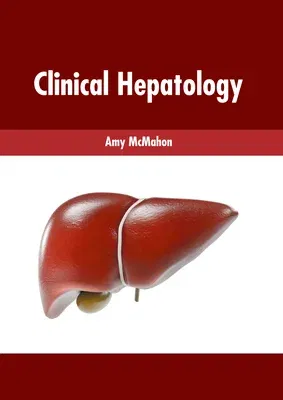The field of hepatology is concerned with the study of the liver,
biliary tree, gallbladder and pancreas, and their clinical conditions.
Some of the diseases affecting the hepatobiliary system include Aagenaes
syndrome, Budd-Chiari syndrome, Crigler-Najjar syndrome, Mirizzi's
syndrome, HELLP syndrome, Alagille syndrome, etc. The diseases arising
due to alcohol consumption and viral hepatitis are the common conditions
that are under the scope of this study. There has been a rise in cases
of cirrhosis and related complications. Liver function tests detect
enzymes in blood which normally are most abundant in liver tissue, such
as serum albumin, serum globulin, aspartate transaminase, alanine
transaminase, etc. An examination of these levels aids in the diagnosis
of liver conditions. The objective of therapy in hepatology is to slow
the progression of the disease. This is done with anti-viral
medications, steroid-based drugs, medications such as ursodeoxycholic
acid, etc. Liver transplantation is an effective treatment for acute or
chronic liver conditions with the potential to cause severe and
irreversible liver dysfunction. This book explores all the important
aspects of clinical hepatology in the modern day. It strives to provide
a fair idea about hepatological disorders and to help develop a better
understanding of the latest advances in their clinical management. With
state-of-the-art inputs by acclaimed experts of hepatology, this book
targets students and professionals.

